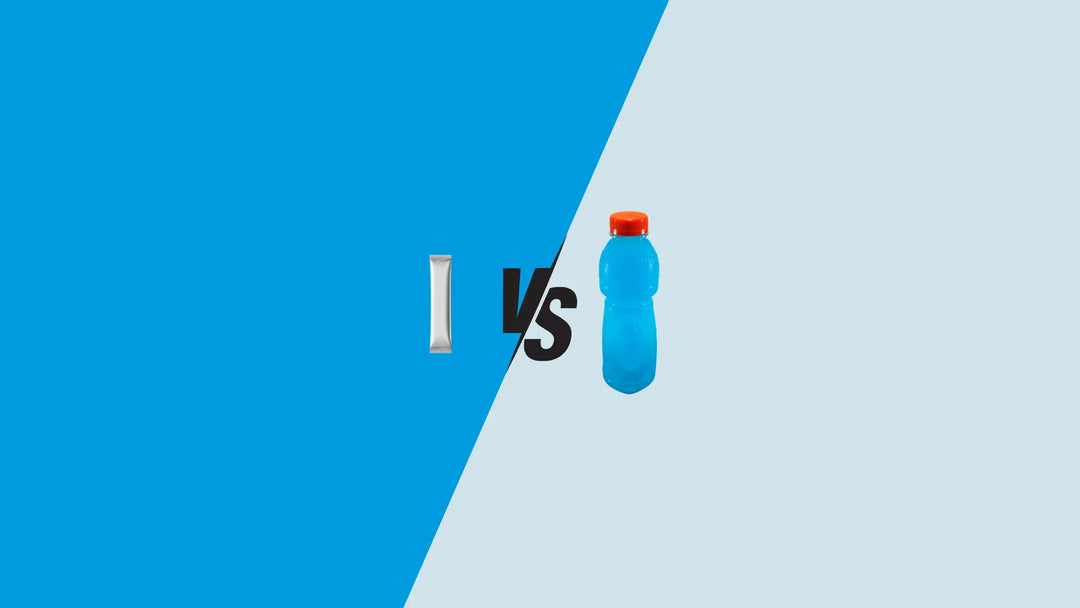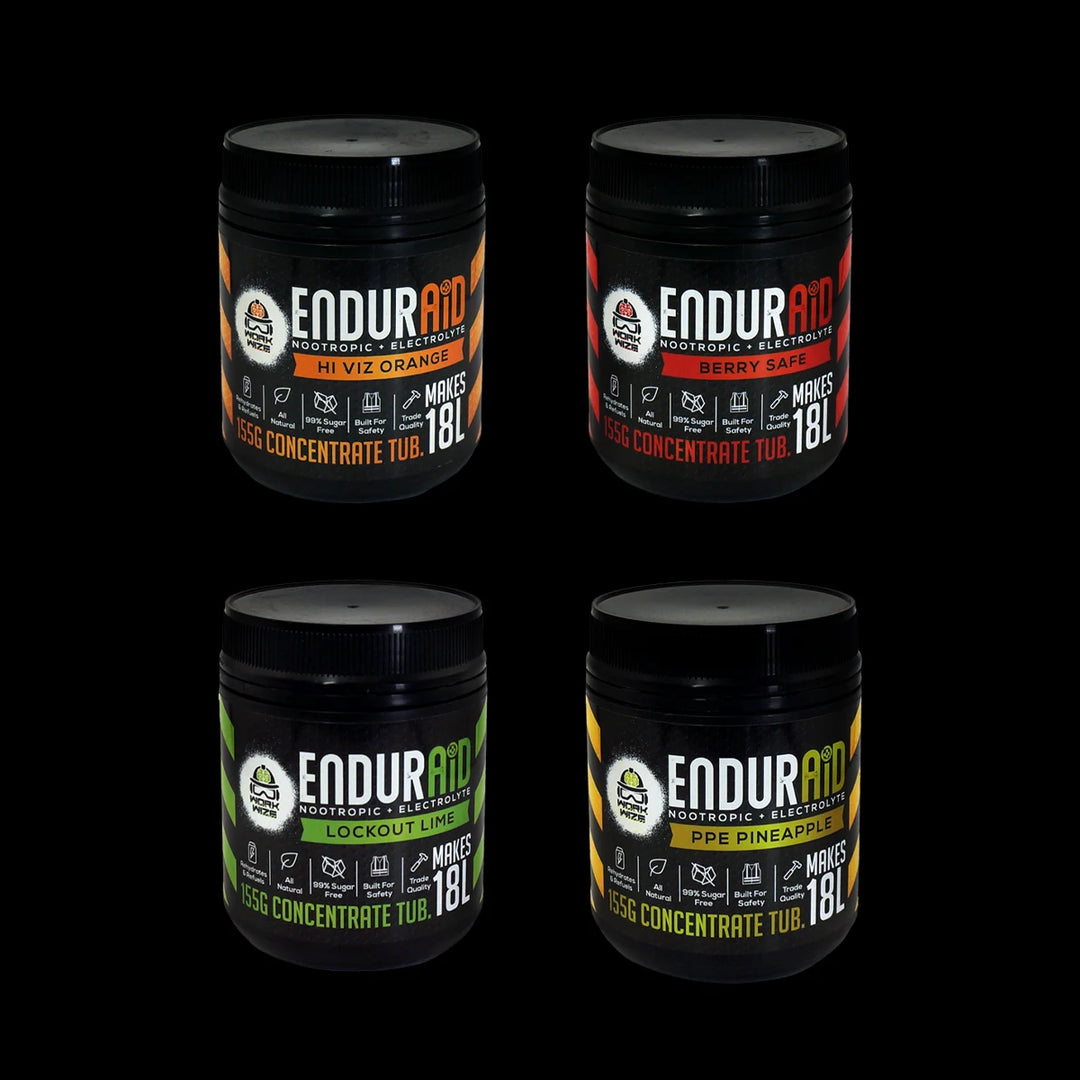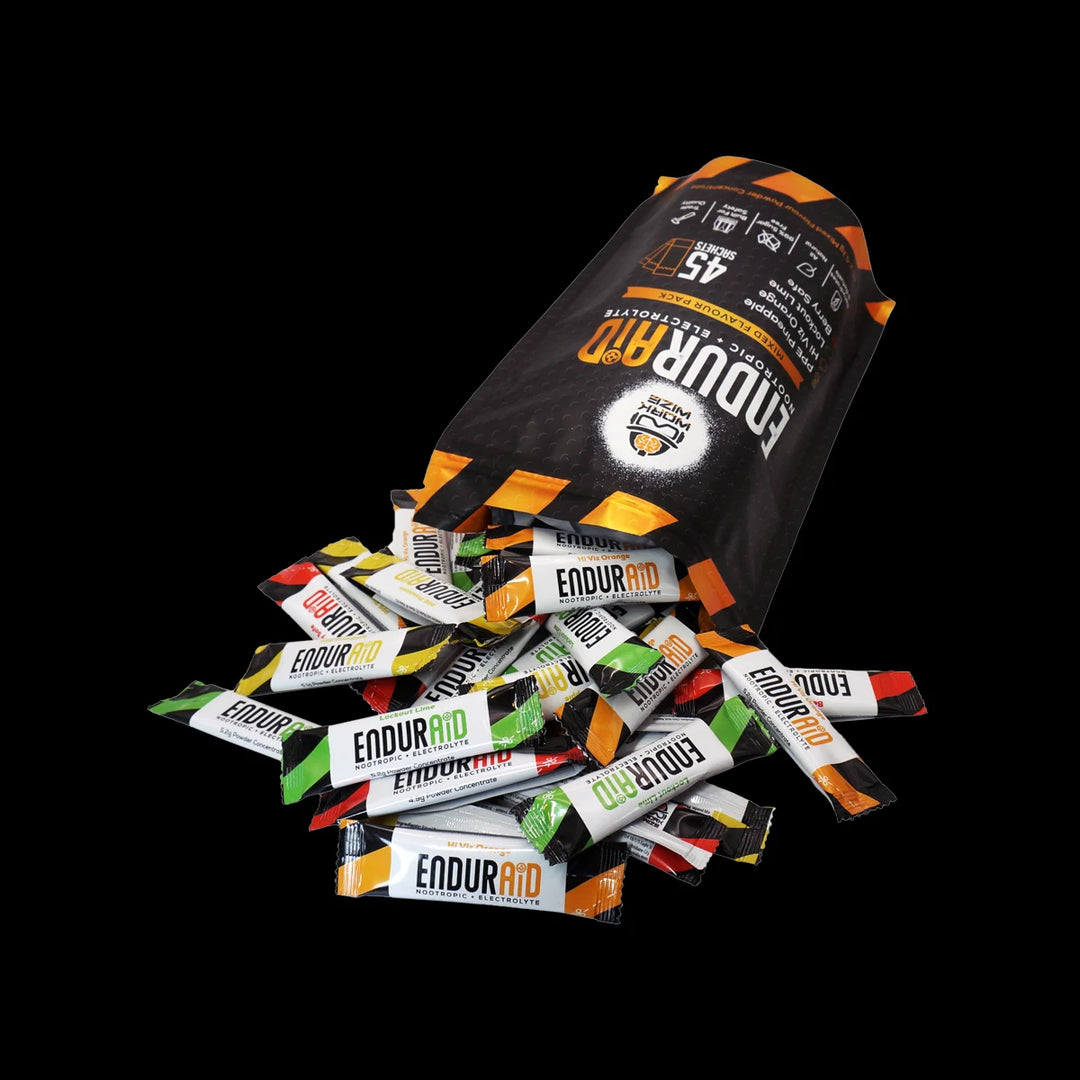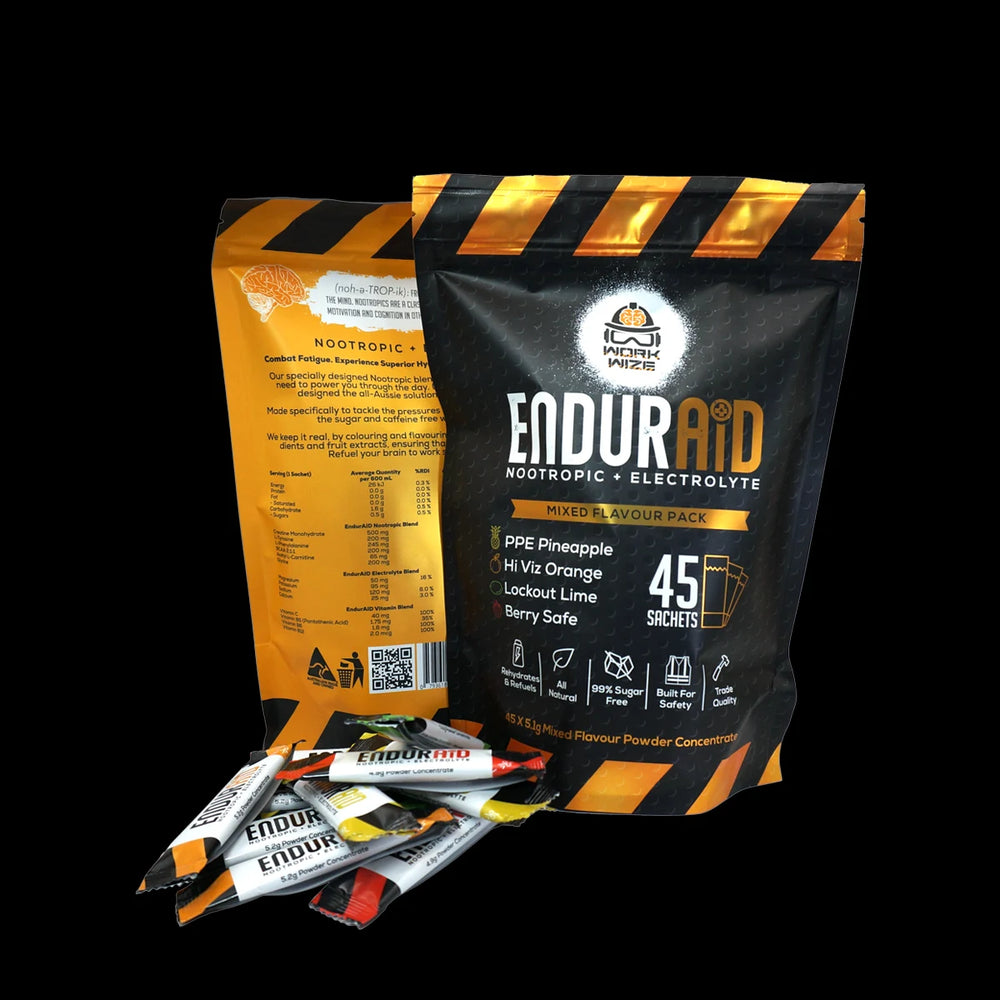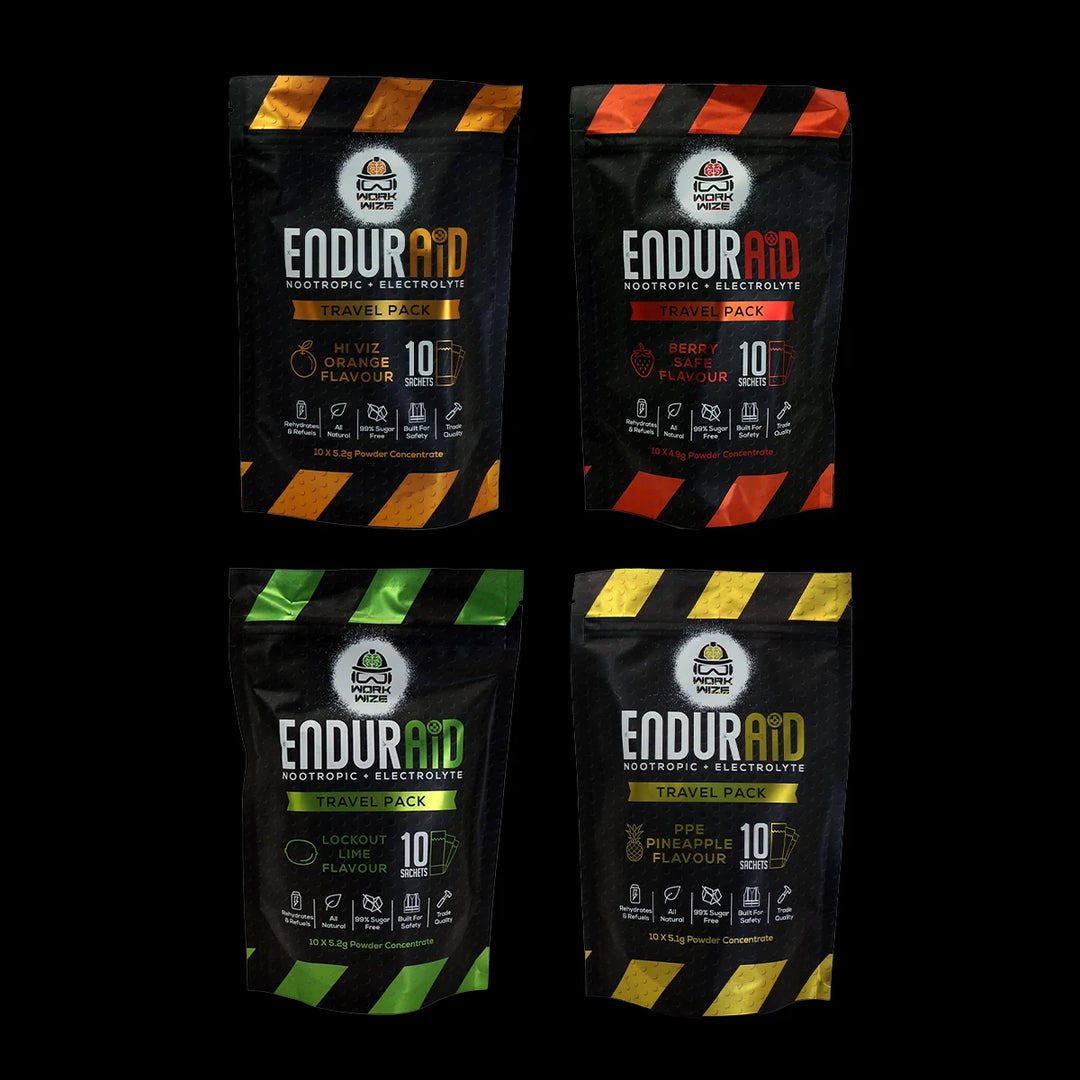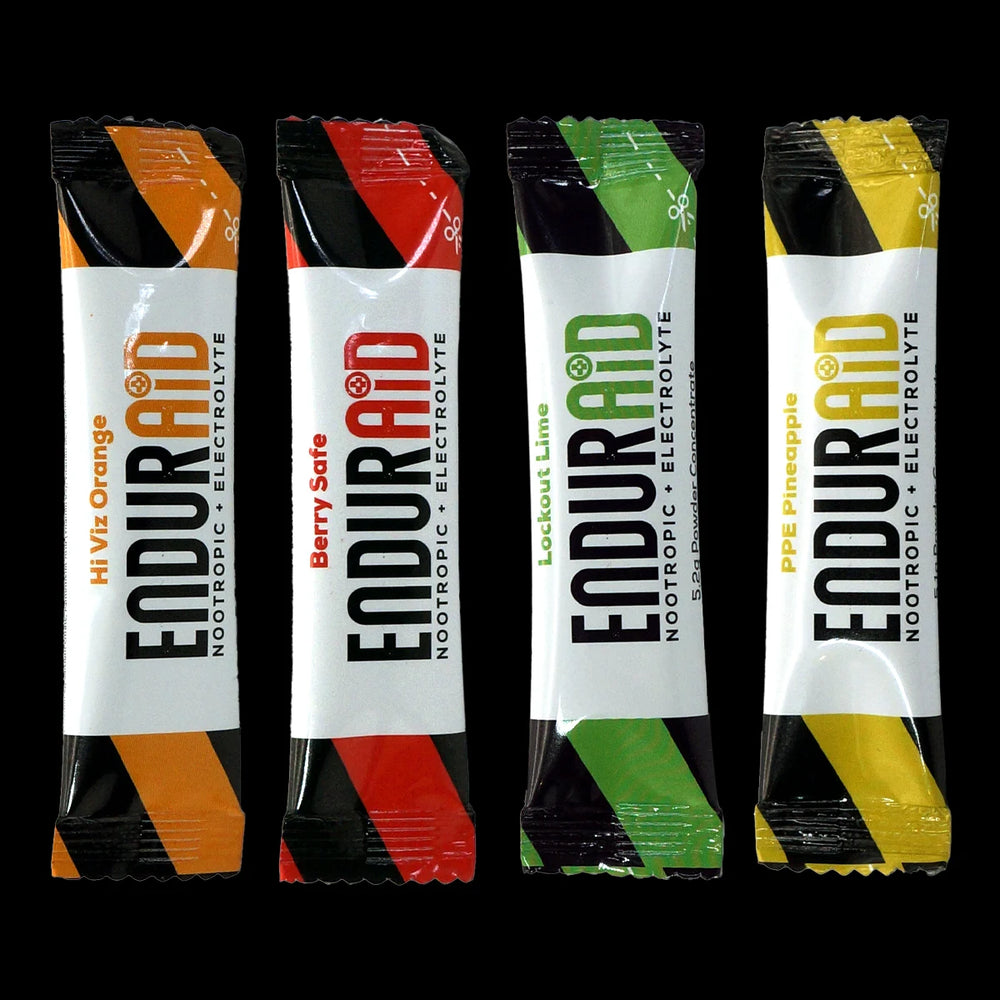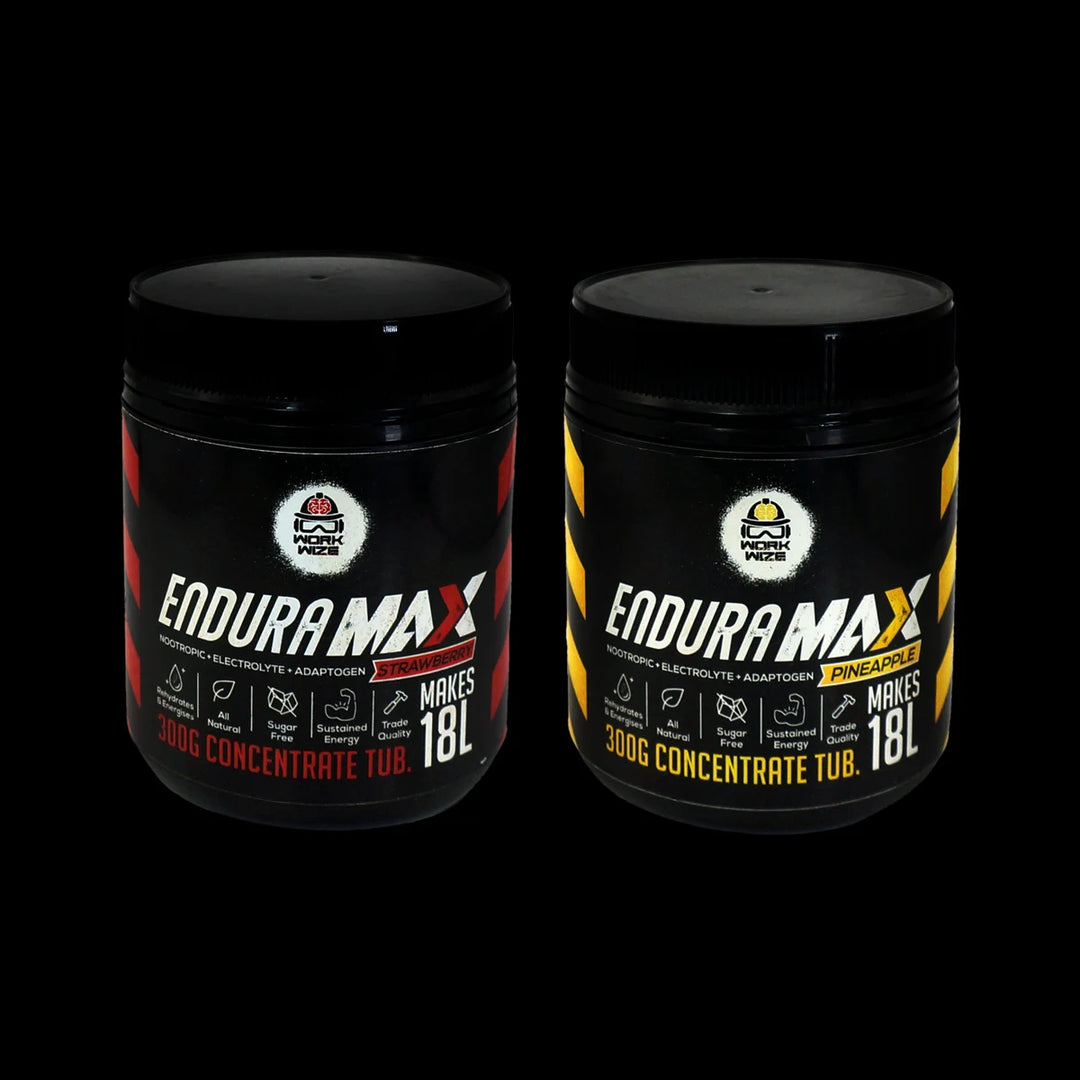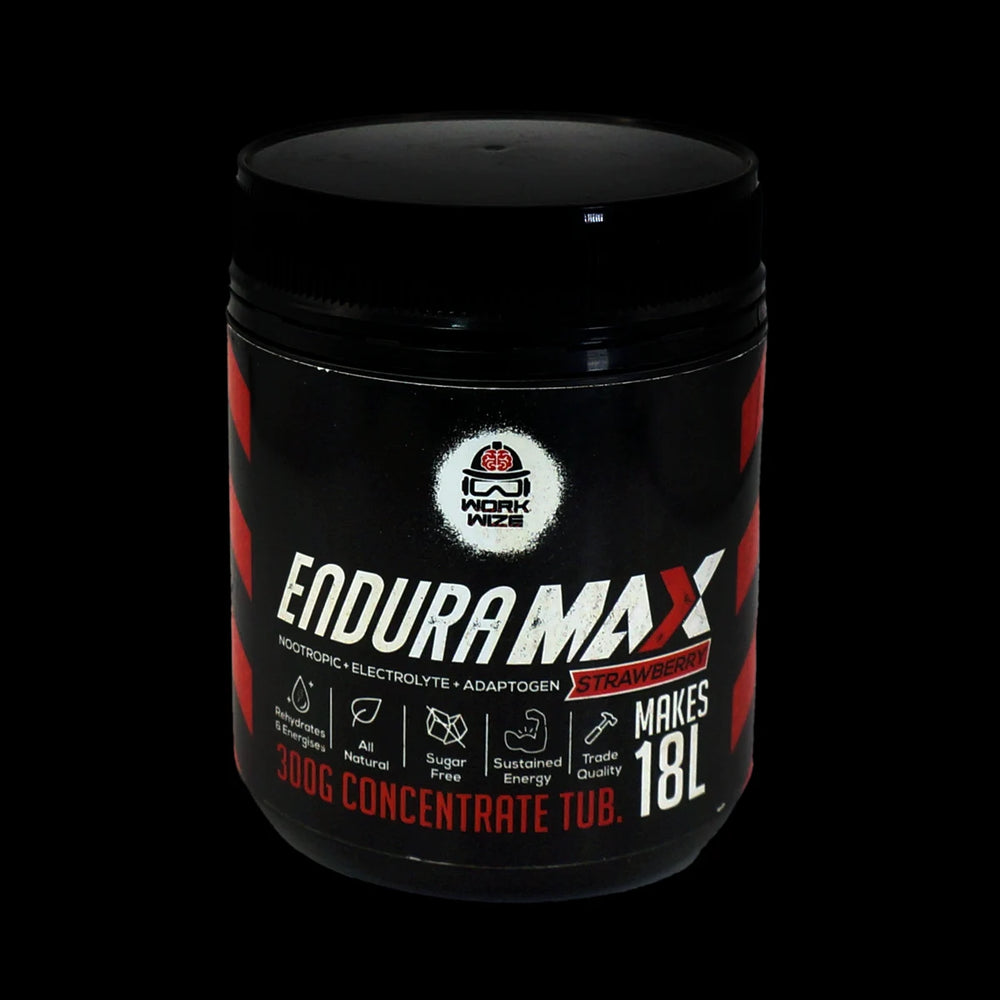If you’ve seen the food pyramid, you probably might know one or two things about protein, carbs, and fats. But what do you know about the individual amino acids that make up complex proteins?
This article will explain what amino acids are, what they do, and how you can use them to give your health an extra boost when working or training hard.
WHAT EXACTLY ARE AMINO ACIDS?
They are often referred to as the building blocks of protein, are compounds that play many vital roles in the body. They are required by the body for countless vital processes, including energy generation, cellular signalling, the building of protein and biosynthesis of neurotransmitters and hormones.
Some amino acids are also taken in supplement form to improve the mood and boost athletic performance. They are categorized into 3 major categories; essential, conditionally essential, and nonessential amino acids. However, don’t let the names fool you they are all absolutely essential to the body.

WHAT IS THE DIFFERENCE BETWEEN THESE AMINO ACIDS?
In total, there are 20 amino acids required by the human body and nine of them are referred to as essential ones. The name is a little misleading however, as all 20 amino acids are required by the body to function. The ‘non-essential’ ones however, are able to be produced in the body from other amino acids and nutrients.
Some non-essential amino acids are also considered conditionally essential because in certain cases, they can also be essential. Many of these are non-essential in adults but are essential in children.
Proteins are sources of amino acids. A protein that contains all nine of them is considered to be a complete protein, while those lacking one or more essential amino acids are referred to as incomplete proteins. Most plant-based proteins are incomplete protein.
ESSENTIAL AMINO ACIDS AND WHAT THEY DO
Your body cannot synthesize essential amino acids, so they must be sourced from the foods you eat.
Included among these are:
#1: Phenylalanine
Phenylalanine is the primary building block for the catecholamine neurotransmitters dopamine, epinephrine and norepinephrine and also phenylethylamine. It is first converted into tyrosine prior to being metabolized into the catecholamine neurotransmitters. The catecholamine neurotransmitters are responsible for motivation, concentration and alertness phenylethylamine produces feelings of happiness and euphoria.
#2,#3,#4: BCAA’s (Leucine, Isoleucine, Valine)
The Branched Chain Amino Acids are three amino acids similar in molecular structure and are utilised for the growth and maintenance of muscle cells. These group also has one unique property; they can be directly used as fuel by the muscles which make it easy for the body to extend workouts without touching muscle glycogen. These essential ones directly influence the synthesis of protein which is also known as muscle growth, and leucine increases metabolism and blunt appetite, both of which are responsible for increased fat loss.
#5: Threonine
Threonine is known to be an important part of structural proteins including elastin and collagen which are both important components of our skin and connective tissues. The amino acid is also well known for the role it plays in immune function and fat metabolism.
#6: Tryptophan
Even though this amino acid is often associated with causing drowsiness, it also has many other important functions in the body. The body requires tryptophan maintain a proper balance in Nitrogen and it is also a precursor to a neurotransmitter that regulates sleep, appetite, and mood, which is known as serotonin.
#7: Methionine
This performs a very important role in detoxification and metabolism. It is also important for muscle growth and absorption of selenium and zinc which are both vital minerals to your health.
#8: Lysine
Lysine is important for the synthesis of protein, enzyme and hormone production, as well as calcium absorption. Lysine is also important for immune function and the production of energy, elastin, and collagen.
#9: Histidine
Histidine is the precursor for the production of histamine which is a neurotransmitter important for immune response, sexual function, digestion, and sleep-wake cycles.

CONDITIONALLY ESSENTIAL AMINO ACIDS
The conditionally essential amino acids are still necessary in the body for healthy functioning. The term means they may be necessary to consume if someone has a disease or has trouble absorbing the other nutrients. For example, Phenylketonurics cannot metabolize phenylalanine, as a result they must be on a modified protein diet and take tyrosine supplements.
They include;
#10: Tyrosine
This amino acid is important for the production of thyroid hormones and the catecholamine neurotransmitters . It also helps increase energy levels and metabolism and promotes fat loss. If you also have challenges with your mood, tyrosine is a good amino acid that helps you better focused and improves your mood.
#11: Glycine
Well known as one of the amino acids that constitute the super-supplement creatine, glycine is a neurotransmitter involved in protein synthesis. There has also been a link discovered between glycine supplementation and increased levels of growth hormone. Glycine has also been shown to be important for memory and brain health.
#12: Proline
This is required in the production of two of the body’s connective tissues; cartilage and collagen. When you supplement with proline, it can boost skin health, joint function, and healing after injury.
#13: Arginine
Arginine is crucial to cellular division, healing processes, ammonia metabolism, immune function and hormone signalling. It is also an important precursor for the synthesis of nitric oxide in the body. Supplementation reduces diastolic blood pressure and can stimulate the secretion of growth hormone.
#14: Glutamine
Glutamine is the most abundant free amino acid found in most animals. It is used in a great variety of cellular process including; protein synthesis, lipid synthesis, cellular energy production and is the precursor nutrient to the neurotransmitter glutamate. Due to its abundance in most proteins, supplementation is typically unnecessary unless necessitated by heavy training, illness or a low protein diet.
#15: Cysteine
Cysteine is also involved in the synthesis of other amino acids, but particularly useful in the production of glutathione which is a very powerful antioxidant in the body. It has also been touted as a preventative measure against the damaging effects of alcohol on the liver as it counteracts acetaldehyde.
NON-ESSENTIAL AMINO ACIDS
Despite the name the non-essential amino acids are absolutely vital to life. The name stems from the ability of the body to produce them from other amino acids.
Non-Essential ones include;
#16: Asparagine
This amino acid is can be found in many common proteins including vegetable proteins. It derives its name from having been isolated in the lab the first time from asparagus. The metabolite of this amino acid is what is responsible for the strange odour in urine after eating asparagus. However, despite its gross smell, it is also required by the nervous system and the liver for the synthesis of other amino acids.
#17: Serine
This amino acid is involved in many roles in the body. It is required for the creation of cell membranes and protective sheaths that cover the nerves. It also helps regulate your mood and promotes fat metabolism.
#18: Glutamic Acid
Glutamic acid is used as a compound in cellular metabolism in many pathways in the body. However, of most importance is its role as an excitatory neurotransmitter which is used in cognitive functions in the brain to enable learning, memory and neuroplasticity. Additionally, in its unbound form it is used to improve flavor, it is the primary constituent in MSG (monosodium glutamate). So just think, the next time you order chicken salt you’re actually feeding your brain!
#19 Aspartic Acid
Aspartic acid is another neurotransmitter that acts on the excitatory NMDA receptor like glutamic acid. It is frequently supplemented as it is thought to stimulate testosterone production. It is also consumed as part of aspartame the artificial sweetener.
#20 Alanine
Alanine is used to make several other proteins including the BCAA’s. On its own it plays a major role in glucose cycling and ATP use.
SUPPLEMENTATION WITH AMINO ACIDS
As you can see, amino acids function at the core of many vital processes in our body. The body depends on them for effective daily functioning.
A balanced diet will typically provide your body with all the amino acids it needs to operate normally. However, supplementation of certain amino acids can provide your body with the extra nutrients it needs to assist with a strenuous lifestyles such as long hours or if you are engaged in physical training or labour. Providing the body with the targeted extra nutrition can enable you to work harder while protecting the body against excessive stress.
Supplements like WorkWize which contains many targeted amino acids combined with electrolytes and minerals offer a low calorie intake of the nutrients you need when you need them, without needing to eat protein rich meal and giving your body an hour to digest. In that way, energy production will be at the optimum and fatigue reduced while keeping your brain motivated and alert despite long hours.




